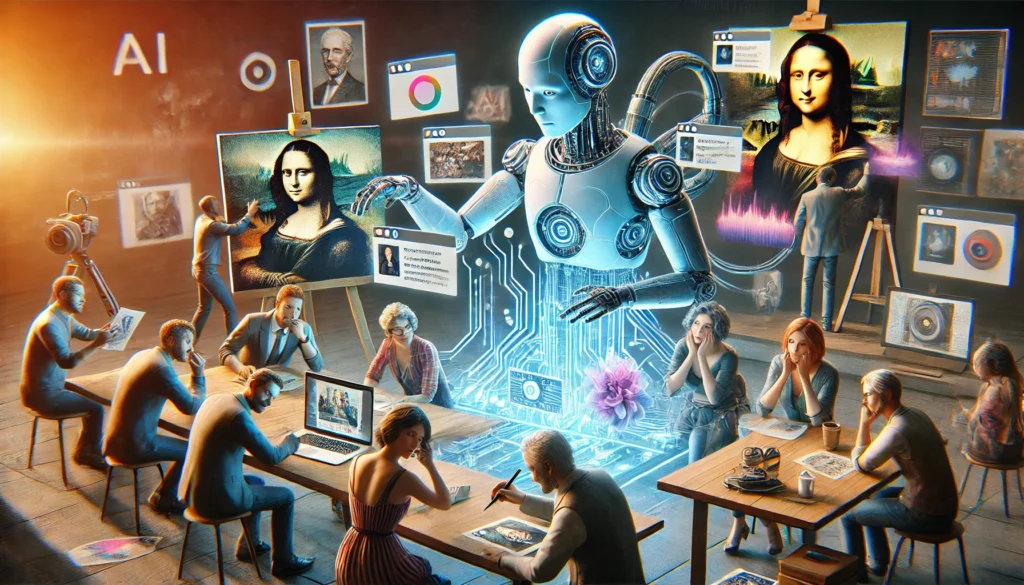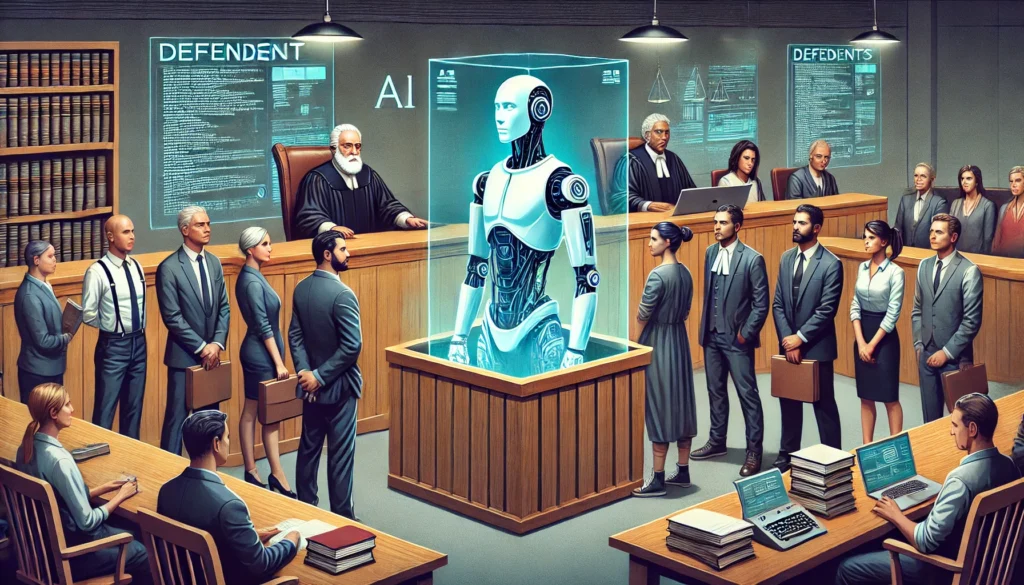- By quade
- 7 July 2024
DMCA Coders Case Ends In Favor of AI Coding Tools
Although AI tools have taken the world by storm, they have encountered multiple hurdles both technologically and legally. One of the biggest issues is the recent DMCA coders case launched by coders against AI tools like GitHub, OpenAI, and Microsoft.
They claim that these AI companies have been using their codes to train their tool. The coders insist that the codes they create are their intellectual property (IP) and this should be considered plagiarism. However, a recent development has set this case back as the court dismissed some of the claims placed against AI systems.
Doe(s) v. OpenAI/GitHub/Microsoft

The crux of the DMCA coders case is that AI coding tools like OpenAI and GitHub scraped human-created code snippets to train their tools. This was done without permission, compensation, or credit, thereby becoming a form of plagiarism.
The prosecutors insist that Copilot now produces that same code, line-for-line compared to what the human coders have created. As a result, the coders who created these snippets are now demanding compensation for this stolen code, amounting to about $1 billion.
So there are five complainants listed in the case, all placed anonymously and simply named as “John Doe”. These represent the class suing in the DMCA coders case.
Reports from Bloomberg Law and Law360 claim that California Northern District Judge Jon S. Tigar dismissed the class claims in the DMCA coders case. He cited the Digital Millennium Copyright Act (DMCA) for his reasoning and said that the claimants “failed to show their code was reproduced identically.”
This was filed on June 24 as related documents show the judge’s orders. Public access to these texts is limited due to the risk of exposing the names of the claimants who wish to remain anonymous. However, the texts were now released in a limited form last Frida on July 5.
Impact of this DMCA Coders Case on Artificial Intelligence

The lawsuit was originally filed in 2022 when AI was still in its infancy. But even back then the coders understood its potential to affect the future of tech. This was noted by James Vincent who wrote for the Verge. He cited that.
“The suit could have a huge impact on the wider world of artificial intelligence.”
-James Vincent, writer on the Verge
Vincent cited a pair of programmers who are supposedly among those involved in this lawsuit. They explained that at the time, they were “in the Napster-era of AI” and how allowing Microsoft to use other people’s code without compensation could seriously affect the open source movement.
Two years later, the DMCA coder’s case appears dead in the water as the judge now dismissed most of their claims. What this means for the AI tools is unclear, but some believe it will embolden them to gather more training data to improve their AI systems.
Aside from the DMCA coders case, Microsoft and other AI systems are facing legal trouble from other groups such as the New York Times. Like with the coders, this is also for plagiarism as the AI tools used their IPs to train their models. The failure of this case might affect the outcome of the other cases.
Here at geniusOS, we understand that copyright infringement and plagiarism a hot-button issues and take all the steps to ensure the content we create is free from plagiarism. This ensures a high-quality service and is less of a hassle for our clients. If you want to use our services, you can check them out here.



